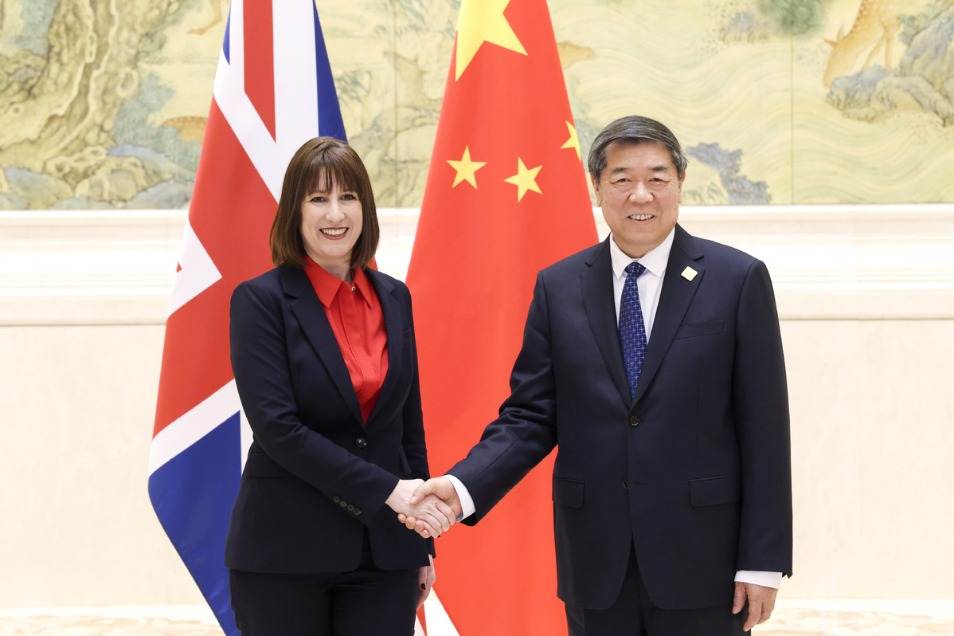Chip coercion further undermines trust in what US says: China Daily editorial


The United States is intensifying its tech war against China. In yet another act of "economic coercion" targeting Chinese companies, the US has revoked export licenses that allowed tech giants such as Qualcomm and Intel to supply chips to Chinese telecommunications equipment company Huawei, which Washington has already put on a trade restriction "entity list" since 2019 on the grounds that it poses national security risks to the US.
The move comes after the Chinese company unveiled its first AI-enabled laptop last month, and announced that its first-quarter profits surged more than fivefold year-on-year, making some China hawks in Washington to complain that previous US crackdowns on the Chinese company have not yielded the intended results. They have pushed for the US administration to further tighten the screws on the company.
Speaking before the House Appropriations Committee on Wednesday, Commerce Secretary Gina Raimondo made no bones about Washington's abuse of export controls. "I tell semiconductor companies that they can't sell their chips to China," she told the panel.
The new sanctions will certainly undermine the smooth development of Sino-US relations, which the two sides have managed to stabilize since last year through a series of high-level visits. The latest move not only runs counter to the World Trade Organization rules, but also belies the commitment the US has repeatedly made to China that it does not seek to "decouple" from the country or to contain its development.
The fact that the latest US restrictions are targeted at purely civilian consumer chip products exported to China also makes the promise that US Treasury Secretary Janet Yellen made during her visits to China that US national security actions in the economic sphere are narrowly scoped and based on clearly defined national security concerns sound empty.
There is increasing evidence that the US is trying to erect a technological "iron curtain" to isolate China from the rest of the world in the realm of high technologies.
While unveiling US International Cyberspace and Digital Policy Strategy at a major tech forum in San Francisco on Monday, US Secretary of State Anthony Blinken declared that the US intends to enhance international technology collaborations — or "digital solidarity" — with its allies and partners in technological advancements ranging from artificial intelligence to quantum computing, which obviously is aimed at countering China's progress in these fields.
"Today's revolutions in technology are at the heart of our competition with geopolitical rivals. They pose a real test to our security," he said, adding "it is critical that we work with trusted vendors and exclude untrustworthy ones from the ecosystem".
The US has not achieved its goal of impeding China's technological advances with its sweeping technology restrictions in the past. It will not do so in the future.


































